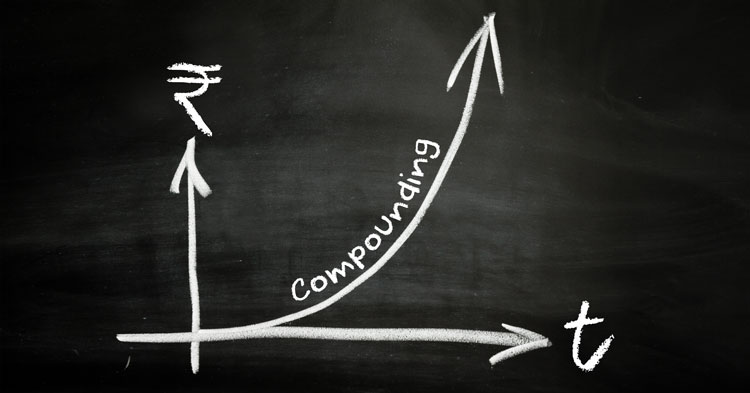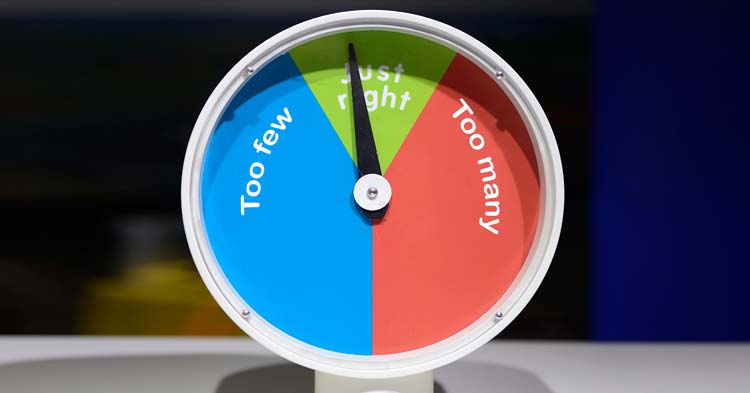OneInsure Blog
If They Aren’t Compounding, They Aren’t Investments!
Investments grow your money, whereas savings just sit there doing nothing. Even though saving and investing follow the same rule of collecting small amounts of money, investing in a medium that offers back compounding interest is the smarter, universally acknowledged way to save.
Taking a close look at saving habits in India, a 2015 study by ICICI found that millennials (aged 22 to 38) spend a whopping 69% of their monthly income. Accordingly, they have the least savings compared to their older fellow Indians. India is gradually moving from a savings mindset (Asian tendency) to a spending mindset (Western tendency). While this is a good thing for the country’s economy, it may not be wise for you personally.
So, what is the solution?
Get Your Money to Earn for You – The Extraordinary Power of Compounding
Compounding is the silent force that makes any investment worth the effort. In simple terms, compounding is the ability of an asset to generate earnings that are then reinvested by the fund in order to generate their own earnings. Through this, the money you invest remains right where it is, but the profits you gain through interest keep increasing. If done right, over a few years, your fund will be in a position to make considerable profits.
Committing Is Key
Insurance plans like unit-linked investment plans (ULIPs) and investment plans (child plans, retirement plans, short-term plans) make use of compounding while making you commit to paying amounts steadily as well as making your investments dedicated to specific goals. Over and above, it secures your loved ones with substantial financial coverage in case you meet an untimely demise.
So, in effect, the key to
Let’s see an example (prefer a video tutorial?):
Rahul starts investing Rs 4,000 a month at the age of 45. He invests this sum till he is 65, making the total invested sum Rs 9.6 lakhs. When he is 65, the total compounded sum is Rs 23.56 lakhs.
Sachin starts investing Rs 2,000 a month at the age of 25. He invests this sum till he is 65, making the total invested sum Rs 9.6 lakhs. When he is 65, the total compounded sum is Rs 69.82 lakhs.
Do you see how, even though the total invested amount is the same (Rs 9.6 lakhs), the gains that Sachin made are almost 3 TIMES the gains Rahul made? This is the power of compounding. Even though Sachin invested half as much as Rahul, he invested steadily for 40 years, whereas Rahul invested for 20.
How Much Should I Invest?
Being a time-bound concept, compounding is most effective when you start early in life. Nevertheless, if you haven’t invested yet, start right away. You don’t need to invest for 40 – 45 years for a good corpus. Moreover, no matter the amount of money you wish to invest, utilizing time along with compounding can boost any amount. Anywhere between 10% to 30% of your monthly salary will turn into a treasure sooner than you realize.
To watch a short, simple video tutorial on compounding, tap here.


 Comments
Comments

 Compounding Investments, Saving Plans
Compounding Investments, Saving Plans



